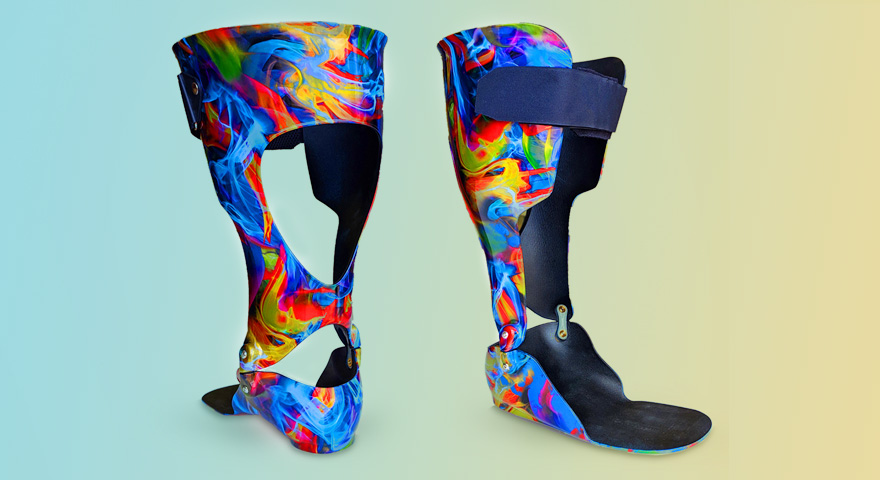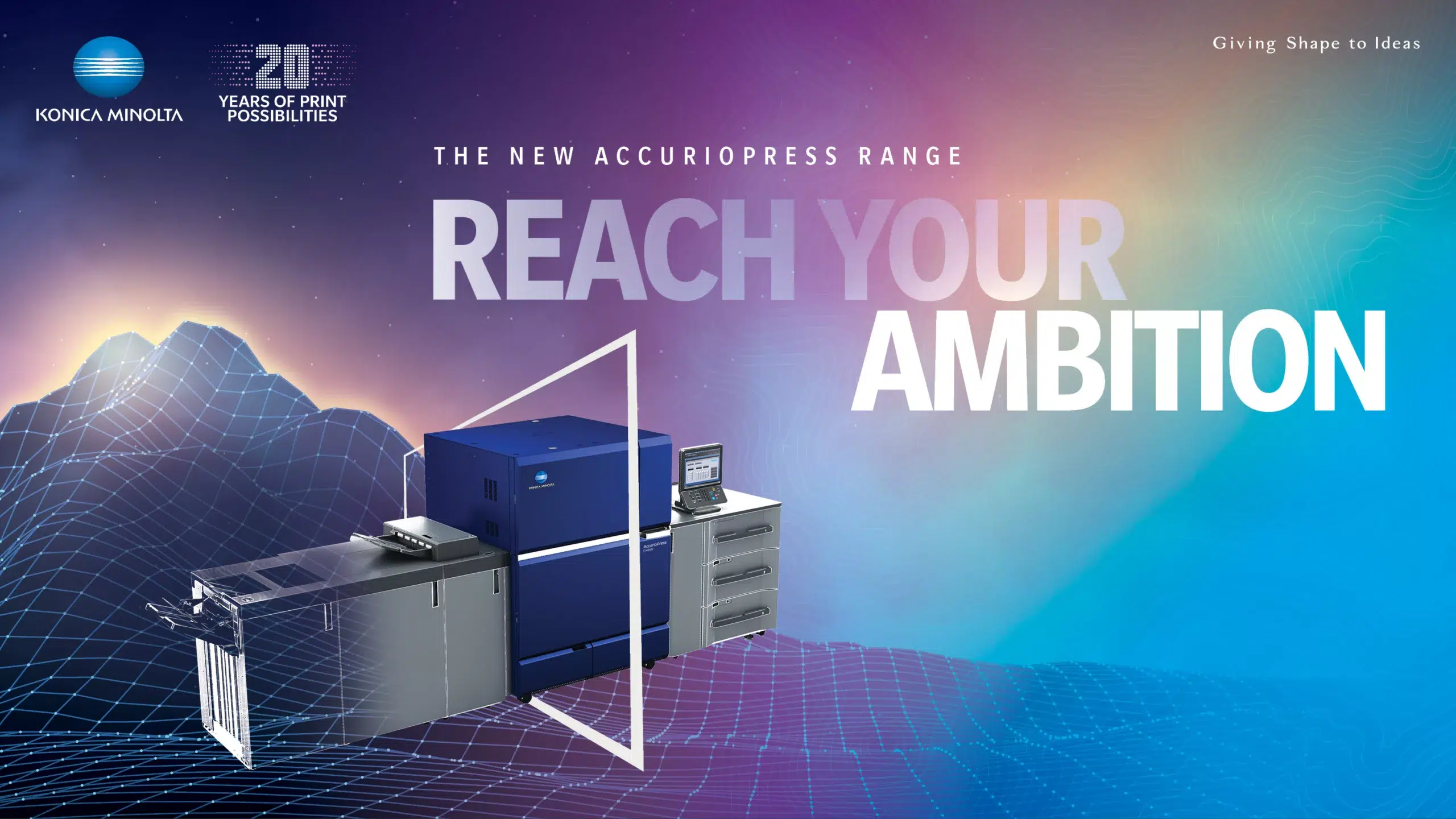Customer Success Story: Korthotics
Korthotics is an Australian-based provider of orthotics services to private and public hospitals, National Disability Insurance Scheme (NDIS) participants and other eligible patients. Each orthosis is custom-made by an experienced clinical team to fit the needs of individual patients. The different types of orthoses available include shoe inserts, neck braces, lumbosacral supports, knee braces, and wrist supports
Summary
“Konica Minolta’s 3D Application team was great in explaining key design considerations for additive manufacturing. They shared less and load design principles with us, which brought our ideas of high value and optimised patient-specific orthosis designs to life.”
– Merrick Smith, orthotist, Korthotics
The Challenge
- Faster production of accurate orthoses (splints and braces)
- Cost effective production with opportunities to diversify
- Improved customised orthoses for better patient care
The process of making orthotics the traditional way through plastering can involve many limitations. For example, producing a mould through plastering is a messy process. To obtain an accurate mould, the process is time consuming and the labour involved can be taxing on staff.
Another limitation of traditional plastering is the affect the process has on patients. This process can sometimes be invasive and traumatic, particularly when patients ar e still in recovery, and plastering a mould can take hours.
Korthotics needed a new solution for creating orthotics that could overcome the limitations presented by traditional plastering. The clinic wanted to find an innovative solution that would save time and costs, but that still maintained a high-quality product and service. The clinic also wanted to improve the process for patients and make treatment methods more comfortable. Korthotics was keen to shake up the industry through digital options.
Merrick Smith, orthotist, Korthotics, said, “Konica Minolta’s 3D Application team was great in explaining key design considerations for additive manufacturing. They shared less and load design principles with us, which brought our ideas of high value and optimised patient-specific orthosis designs to life.”
The Solution
- 3D Systems’ ProX SLS 6100
- Konica Minolta support services
Konica Minolta was able to provide Korthotics with information on how different materials, printing technology, and different software could support custom-made orthotics.
Konica Minolta recommended the 3D Systems ProX SLS 6100 to deliver robust, accurate, and medical-grade parts through a range of nylon materials.
Konica Minolta also provided an introduction to various design and production principles through its 3D applications engineer, who explained the process of digital plastering, which captures individual patient’s specific data, produces a design that is specific to the patient, and how this leads to the production of a high-grade medical orthosis part.
Customer Benefits
- Enhanced detail and accuracy for high-value orthoses
- Streamlined production time
- Capacity to increase volume and expand the range of services offered
- Improved patient care
Since implementing the digital solution recommended by Konica Minolta, Korthotics has accelerated the production of orthoses, taking days rather than weeks.
By understanding and implementing additive manufacturing practices, Korthotics has streamlined production processes, achieved cost and time efficiencies, and provided patients with an unprecedented level of care.
The continued logistical and installation guidance provided by Konica Minolta and 3D Systems gives the clinic confidence it is partnering with the right organisations to support its business.
Merrick Smith said, “The opportunities for digital manufacturing with orthotics have increased significantly. We are only limited by our imagination with this flexible and powerful solution and being backed by Konica Minolta gives us the reassurance that our advanced system will be supported locally.”
“The opportunities for digital manufacturing with orthotics have increased significantly. We are only limited by our imagination with this flexible and powerful solution and being backed by Konica Minolta gives us the reassurance that our advanced system will be supported locally.”
– Merrick Smith, orthotist, Korthotics




